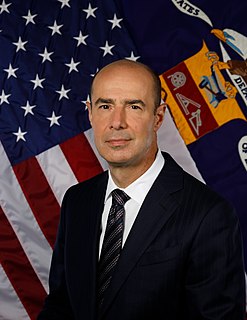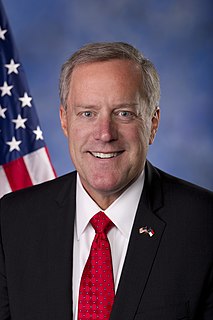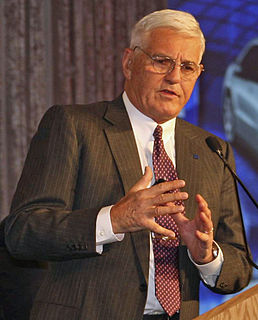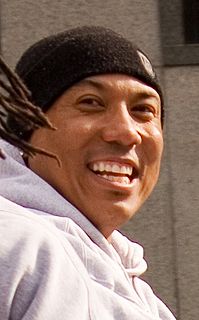A Quote by Eugene Scalia
The USMCA ushers in a new era for trade policy. Between labor protections and support for the American automobile industry, it places our manufacturers at the center of a blue collar comeback.
Related Quotes
Whether the struggle was between English merchants and the American colonies, pre Civil War northern manufacturers vs. southern slave holders, or American grain farmers and auto manufacturers seeking advantage in the Mexican agriculture and labor markets in the 1990s, U.S. policy has reflected the economic clash of interests of the day.
President Trump was determined to replace NAFTA from the day he took office. It reflected the old way of trade deals in which our partners shirked labor protections while American companies shipped operations and jobs to cheaper foreign locations. Our factories shuttered, our manufacturing shrank, and we grew more dependent on foreign suppliers.
Where's our Paul Newmans? Where's our Robert Redfords? We've got Jason Statham, who is great... blue collar and cool, which is fantastic. And we've got Hugh Grant, which is great. But where's this crossover, this blue collar guy who is cool? Where is our James Dean? Where is our John Travolta and Steve McQueen?
Clinton provided the final transition between decaying old-style liberalism and the new neoliberalism and neoconservatism - which are kind of incestuous first cousins. That goes for trade policy; for deregulation of major industries, from the utilities to communications companies to the banking industry to the insurance industry; all the way to continuing to wage war on Iraq. All of that is a living artifact of Clinton Time.































